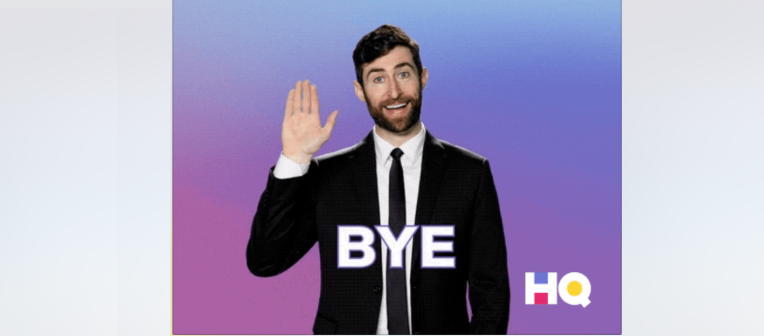Backed with nearly $87 million in venture capital funding from GV, Oak HC/FT and F-Prime Capital, Quartet Health was founded in 2014 by Arun Gupta, Steve Shulman and David Wennberg to improve access to behavioral healthcare. Its mission: “enable every person in our society to thrive by building a collaborative behavioral and physical health ecosystem.”
Recent shakeups within the New York-based company’s c-suite and a perusal of its Glassdoor profile suggest Quartet’s culture is not fully in line with its own philosophy.
In the last few weeks, chief product officer Rajesh Midha has left the company and president and chief operating officer David Liu is on his way out, TechCrunch has learned and confirmed with Quartet. Founding chief executive officer Arun Gupta, meanwhile, has stepped into the executive chairman role, relinquishing responsibility of the company’s day-to-day operations to former chief science officer David Wennberg, who’s taken over as CEO.
“I’m focusing on our external growth,” Gupta told TechCrunch on Friday. “David has really stepped up as CEO.”
Gupta and Wennberg said Liu’s role was no longer needed because Wennberg had assumed his responsibilities. Liu will formally exit the company at the end of the month. As for its product chief, the pair say Midha had “transitioned out” of the role and that an unnamed internal candidate was tapped to replace him.
When asked whether other employees had left in recent weeks, Wennberg provided the following indeterminate statement: “We are always having people coming in. I don’t think we’ve had any unusual turnover. We’re hiring and people’s roles change and that’s just part of growth.”
Quartet, which provides a platform that allows providers to collaborate on treatment plans, currently has 150 employees, according to its executives.
In a LinkedIn status update published this week — after TechCrunch’s initial inquiries — Gupta announced his transition to executive chairman:
“Still full-time, though focused largely on our opportunity to further evangelize our mission, [I will] drive the change we want to see in this world, and expand our reach … I have tremendous confidence in David’s ability to lead our many talented Quartetians to deliver this next phase.”
Several former employees seemed less than pleased with Gupta’s performance, writing in a number of Glassdoor reviews that he was “abominable,” “kind of a monster” and “by far the worst executive.”
When asked for comment on those reviews, Gupta and Wennberg shrugged it off: “Glassdoor is Glassdoor.” They agreed its important to pay attention to but impossible to vet.
Gupta began his career as a management consultant at McKinsey and served as a consultant to The World Bank before joining Palantir, Peter Thiel’s data-mining company, as an advisor in 2014. Wennberg, for his part, was the CEO of The High Value Healthcare Collaborative, a consortium of 15 healthcare delivery systems, before co-founding Quartet.
In January, Quartet raised a $40 million Series C to expand throughout the U.S. F-Prime Capital and Polaris Partners led the round, with participation from GV and Oak HC/FT. The financing valued the company at $300 million, according to PitchBook.
As part of the funding, Quartet announced it was adding three new directors to its board: F-Prime’s executive partner Carl Byers; Ken Goulet, an executive vice president at health insurance provider Anthem; and former Rackspace CEO and BuildGroup co-founder Lanham Napier. Other outside board members include Oak HC/FT’s managing partner Annie Lamont, GV partner Krishna Yeshwant, Polaris managing partner Brian Chee and former U.S. Congressman Patrick Kennedy.
Quartet previously raised a $40 million Series B in April 2016 led by GV. The investment marked the venture capital investment arm of Google’s first in a mental health startup. Before that, the startup brought in a $7 million Series A led by Oak HC/FT’s managing partner Annie Lamont.
For now, Quartet remains committed to growth.
“We learn from what we are doing and we continue to learn,” Wennberg said. “That is part of growth. It’s hard and you just keep working and growing because we have a huge mission.”










